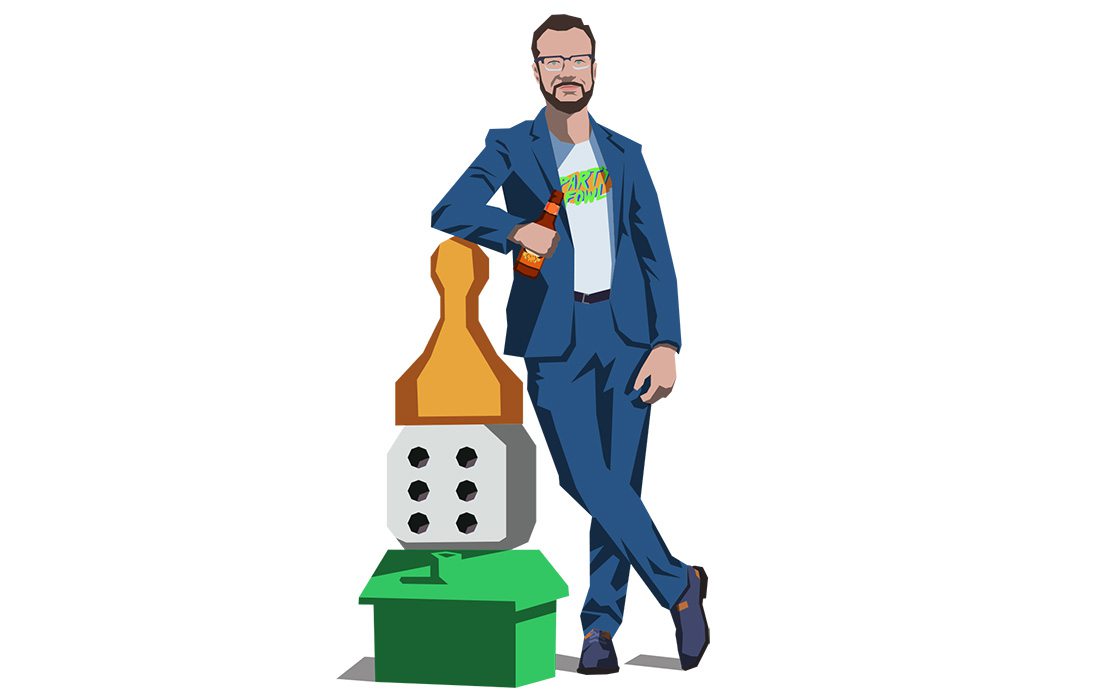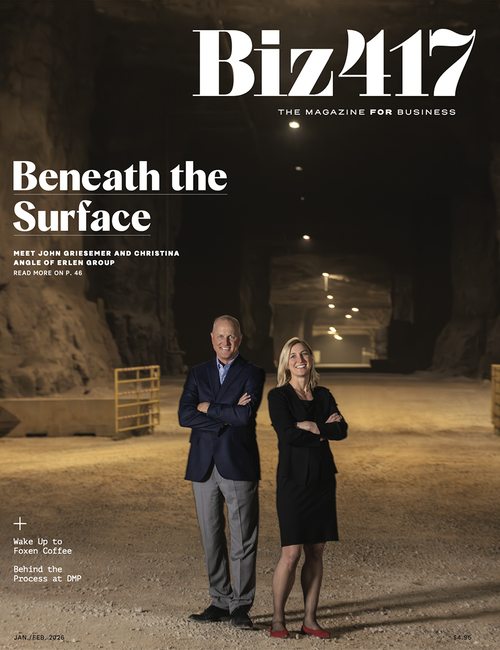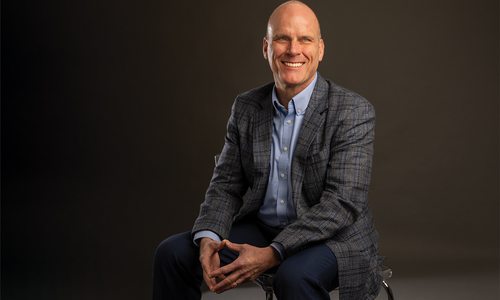
Leadership
Advice and Whiskey with Spencer Harris
Garnering supporters for your budding business or project pitch starts with finding people who are already interested in your vision.
By Jeff Houghton
Nov 2018

“I had a lot of self-doubt at the beginning of the podcast and the game, thinking, ‘Why would anyone want this?’ What I’ve learned is, that the world is big enough that everyone everywhere wants something.”
“What smart people do is find places on the internet, or in the marketplace, that really want that thing. Then you go make relationships and connections with those people.”
“Don’t go make people want a thing. Find people who want the thing, then go develop good relationships with those people.”
“The Kickstarter was the most stressful time of my life by far.”
“The real work of Kickstarter doesn’t happen in the thirty days during it, it happens in the six months before.”
“‘I want you to win, and I want your thing to win,’ is what you want from people.”
“I had a real, true passion to make something. If I could do it again, I’d talk more about that—my passion to make a thing.”
“Learn to deal with the fact that not all criticism is personal, but it feels very personal.”
“You are not the thing that you’ve made, but that doesn’t make it any less valuable, or you any less valuable as a person.”
“Things don’t need to be revolutionary or brand new, they need to be quality, simple, meaningful and available. If you can do all of those things, you’ve got your thingamajigger.”
“Literally everyone has had the best idea in the world. The people we talk about are the ones who did it past the point it was easy.”
“It’s cool you don’t know where things are going; make a reasoned decision when you find yourself in crunch time, then move forward.”
“Spend less time evaluating where you are and where you think you should be, and more time really living in where you are.”












